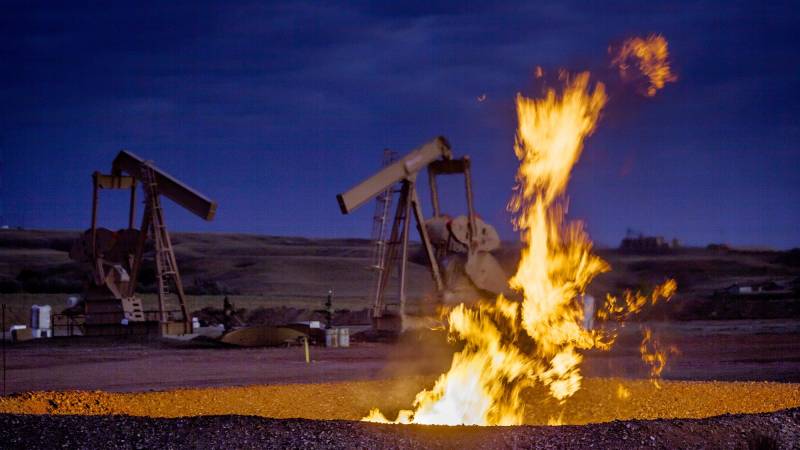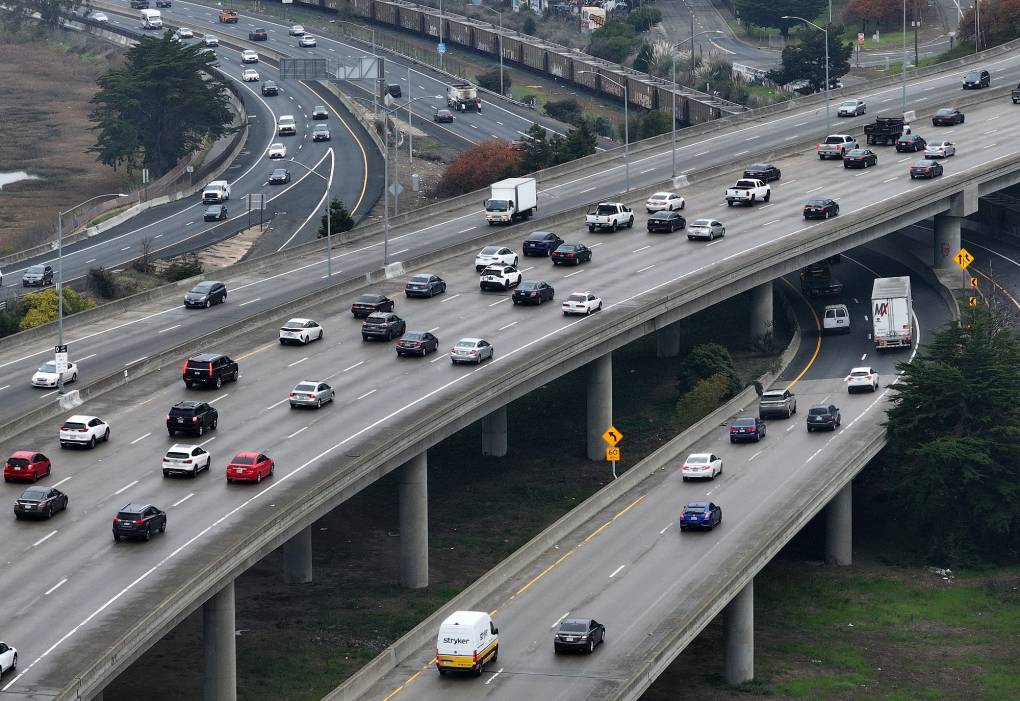Jackson and his colleagues used satellites to measure emissions from 2019 to 2023 and found they grew by 5%. Data from the National Oceanic and Atmospheric Administration also shows this increase.
The research shows methane emissions surging across every sector: how we produce power, where we toss our old food and garbage, and the farms where we raise cattle and other animals.
The data also shows methane increasing from natural sources, like wetlands. While emissions from humans increased by 18% since 2000, emissions from wetlands grew by 2%.
Through satellite images, Jackson and colleagues saw increased emissions from tropical wetlands in the Congo, Amazon and Southeast Asia. Warmer temperatures boost the growth of the microbes that emit methane in those environments.
“I’m concerned because we’re starting to see evidence of warming temperatures increasing methane emissions from natural ecosystems. And we have no way of mitigating those,” Jackson said.
Reducing methane emissions is not quick or easy, but there are fixes. One is through new technologies such as satellites that can detect methane leaks and “super-emitters” from space; those leaks would then need to be followed up with rules and enforcement to patch or minimize them.
Another solution is encouraging people to eat less meat and changing what cows and other ruminants eat. Adding certain types of algae to cow feed can reduce the amount of methane the animals belch and also encourage them to grow faster.
Diverting food and organic matter from landfills and composting it instead would also help reduce methane emissions.
“The good news is that we have technologies to abate emissions from many human sources (e.g., stopping leaks from oil and gas, capturing landfill gas, composting, etc.),” Gabrielle Dreyfus, chief scientist at the Institute for Governance & Sustainable Development, said in an email. It’s an organization focused on slowing near-term climate warming. Dreyfus studies methane but was not involved in the Global Carbon Project research.
“But the bad news is that some of the natural sources (e.g. tropical wetlands) are also increasing, and we don’t currently have tools to abate those emissions. This means we need to work that much harder to reduce the methane emissions that we can control,” Dreyfus said.
Jackson hopes his research will help people see the huge opportunity we have to reduce methane emissions from a “climate menace that we continue to ignore.”

